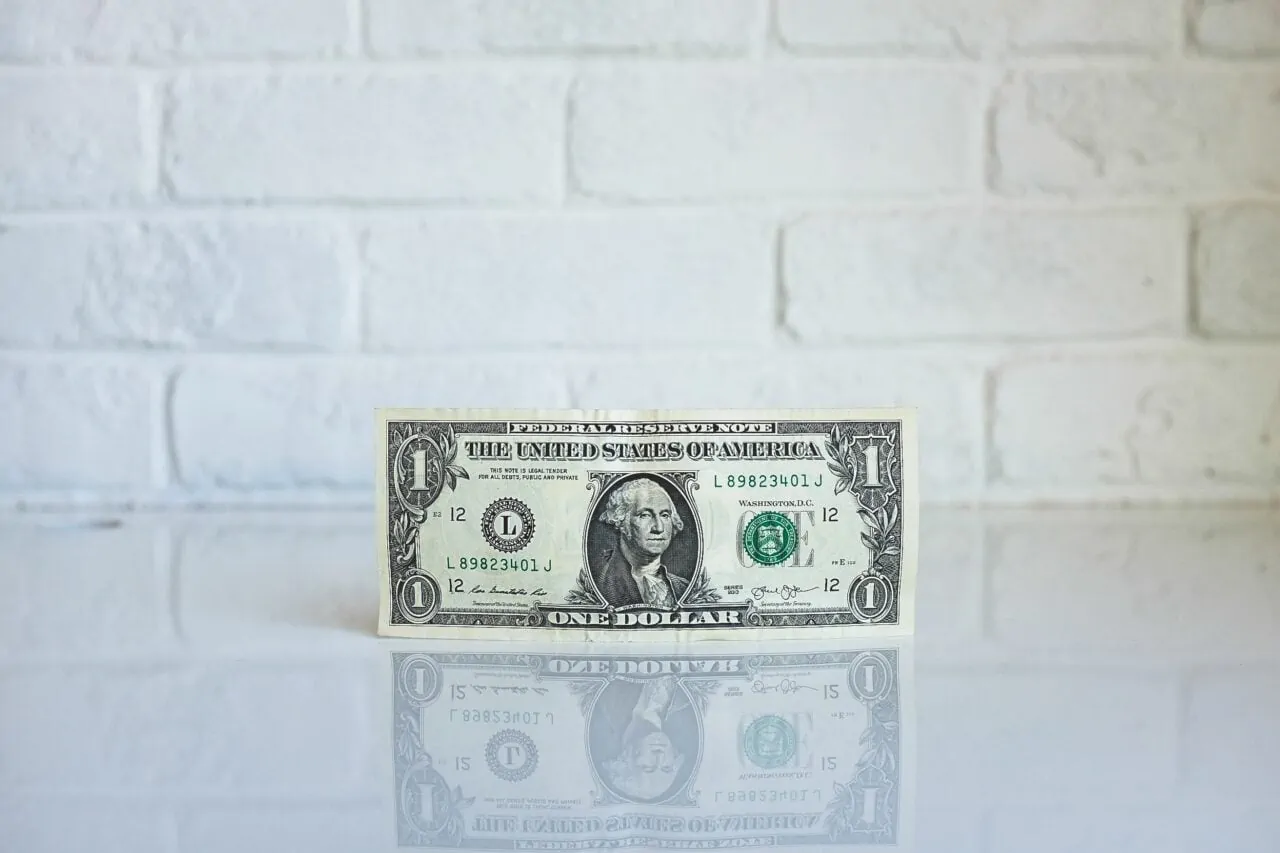
Introduction
Student loan debt has become a massive burden in this country. In fact, it’s estimated that there are 44 million borrowers who have student loan debt – having an average balance of $30,000. While it may seem like you can’t get away from your student loans, the government does have ways of getting their money back from defaulted borrowers. One such way is wage garnishment. Can Student Loans Garnish Wages?
The answer to this question is – yes, the government can garnish your wages.
The short answer is yes. The longer answer is that it depends on how much you owe and your current income. Student loans are treated like any other debt, so they can be garnished by the government if you default on them.
The government can garnish your wages without filing a lawsuit against you and with only minimal process before they do so. They can take up to 15% of your disposable income per week (which means after taxes) to repay defaulted student loans. You’ll get a notice in writing before this happens though – so make sure to keep track of these notices!
But first, you need to understand that this only happens after a “default” has been determined on the loan.
First, you need to understand that this only happens after a “default” has been determined on the loan. Defaulting means not paying your student loans as agreed.
If you are in default on your student loan, it can be garnished from your paycheck without first going through collections. If you are in default and do not pay the amount that is owed within 30 days of being served with paperwork from the borrower’s lender (the creditor), then it may be considered a “jointly owned obligation” and an income tax refund offset could be used to collect this debt. A joint obligation refers to when both spouses owe debt together—for example: if one spouse borrowed money for school years ago but hasn’t paid back any of it yet while their spouse was working full time during those same years then neither party will be able to claim bankruptcy protection against this debt even though they might want too!
The government can also garnish up to 15% of your disposable income to repay defaulted student loans without filing a lawsuit against you.
- The government can also garnish up to 15% of your disposable income to repay defaulted student loans without filing a lawsuit against you. You’ll be notified by mail of this action, but if it was made without filing a proper court order, you have the right to challenge it.
- You have a right to an attorney if you are unable and/or unwilling to pay your student loans.
Here’s what else you need to know about having your wages garnished over defaulted student loans.
- You can contact the lender to see if you can work out a payment plan. If you haven’t been able to make your payments, this may be an option.
- The government can garnish your wages without going to court. If the lender sends a default notice and it hasn’t been resolved, then they can start garnishing your wages without having to go through the court system first.
- You can request a hearing to dispute the defaulted loan. If you want more time before they start garnishing your wages, you could ask them for more time by filing an application for relief from wage garnishment (Form WG-002). This form is available at any state court house or online at www2austudentloanscom/forms/filing-aid-forms/defaulted-waiver-form/.
It is possible for the government to garnish your wages if you default on student loans.
The government can garnish your wages without a court order, notice, hearing, or permission. In fact, it can happen regardless of your financial situation.
- The government doesn’t need to go through the courts to garnish your wages. There is no hearing and there is no permission needed before they can take money out of your paycheck.
- You won’t get any advanced notice that this is happening either—you may not even know it’s happening until after the fact when you get paid and find out that some portion of what was supposed to go into your bank account (or PayPal) never did!
Conclusion
If you’re behind on your student loans, it’s important to take action and get in contact with the lender as soon as possible. If you don’t, there’s a chance that the government could garnish your wages without filing a lawsuit against you. This means that your money will be taken directly from your paycheck before it gets deposited into your bank account, so make sure you have enough cash saved up each month just in case something like this happens!
